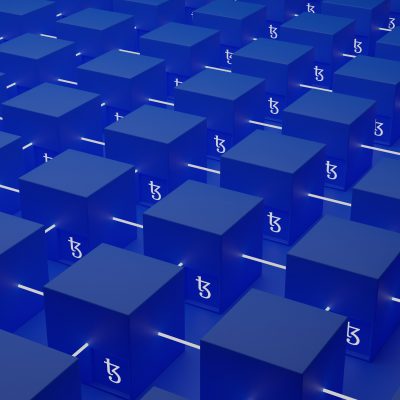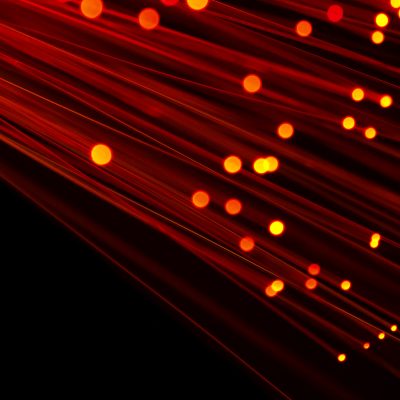DAO
Establishing and managing decentralised autonomous organisations (DAOs) efficiently is crucial to place the system in good stead for the future. Creating a comprehensive legal framework to ensure a trouble-free organisation is often a challenging task. Setting up a DAO can be a complex process that involves both technical and legal steps:
- Defining the purpose and goals of the DAO. This will help determine the structure and operations of the DAO, as well as inform the development of its governance protocols.
- Choosing a blockchain platform. There are several different blockchain platforms that can be used to create a DAO.
- Designing the governance structure. DAOs are typically governed by smart contracts which outline the rules and procedures for decision-making and management. It is important to design a governance structure that is transparent, fair, and aligned with the purpose and goals of the DAO.
- Writing and coding the smart contracts. The smart contracts that form the foundation of the DAO need to be written and tested to ensure that they are functional and secure.
- Launching the DAO. Once the smart contracts are written and tested, the DAO can be launched on the chosen blockchain platform.
- Administering and managing the DAO. Once the DAO is up and running, it will be important to manage and govern it in accordance with the smart contracts and governance protocols that have been put in place. This may involve making commercial decisions, resolving disputes, and ensuring compliance with any applicable regulations.
What
Given the volume of work required to establish a DAO, legal advice is highly valuable to ensure system integrity. Some common areas where White Paper Law’s legal expertise is particularly pertinent include:
- Formation and incorporation: White Paper Law can help clients with incorporating and establishing DAOs as legal entities. This may involve drafting and filing articles of incorporation, bylaws, and other necessary documents.
- Governance: Since DAOs are self-governed, clients may need assistance developing and implementing their governance structures and protocols. This may involve drafting and reviewing smart contracts, as well as providing guidance on governance issues that may arise.
- Regulatory compliance: Depending on the jurisdiction in which the DAO operates, it may be subject to various regulatory requirements. We will help ensure that the DAO is in compliance with these requirements.
- Dispute resolution: DAOs may experience disputes between members, stakeholders, or third parties. We can assist resolve these disputes through negotiation, mediation, or litigation.
- Intellectual property: DAOs may own or use intellectual property, such as trademarks, patents, or copyrighted materials. We will help you protect and defend these assets.
Approach
While DAOs exist and operate through the blockchain alone, they do not benefit from legal protection by default since they are not legal entities.
Establishing corporate vehicles to govern your DAO is a prudent solution to serve your organisation’s goals and objectives. We are well-positioned to advise and assist you in your efforts to incorporate and manage this new entity.
Establishing and managing decentralised autonomous organisations (DAOs) efficiently is crucial to place the system in good stead for the future. Creating a comprehensive legal framework to ensure a trouble-free organisation is often a challenging task. Setting up a DAO can be a complex process that involves both technical and legal steps:
- Defining the purpose and goals of the DAO. This will help determine the structure and operations of the DAO, as well as inform the development of its governance protocols.
- Choosing a blockchain platform. There are several different blockchain platforms that can be used to create a DAO.
- Designing the governance structure. DAOs are typically governed by smart contracts which outline the rules and procedures for decision-making and management. It is important to design a governance structure that is transparent, fair, and aligned with the purpose and goals of the DAO.
- Writing and coding the smart contracts. The smart contracts that form the foundation of the DAO need to be written and tested to ensure that they are functional and secure.
- Launching the DAO. Once the smart contracts are written and tested, the DAO can be launched on the chosen blockchain platform.
- Administering and managing the DAO. Once the DAO is up and running, it will be important to manage and govern it in accordance with the smart contracts and governance protocols that have been put in place. This may involve making commercial decisions, resolving disputes, and ensuring compliance with any applicable regulations.
Given the volume of work required to establish a DAO, legal advice is highly valuable to ensure system integrity. Some common areas where White Paper Law’s legal expertise is particularly pertinent include:
- Formation and incorporation: White Paper Law can help clients with incorporating and establishing DAOs as legal entities. This may involve drafting and filing articles of incorporation, bylaws, and other necessary documents.
- Governance: Since DAOs are self-governed, clients may need assistance developing and implementing their governance structures and protocols. This may involve drafting and reviewing smart contracts, as well as providing guidance on governance issues that may arise.
- Regulatory compliance: Depending on the jurisdiction in which the DAO operates, it may be subject to various regulatory requirements. We will help ensure that the DAO is in compliance with these requirements.
- Dispute resolution: DAOs may experience disputes between members, stakeholders, or third parties. We can assist resolve these disputes through negotiation, mediation, or litigation.
- Intellectual property: DAOs may own or use intellectual property, such as trademarks, patents, or copyrighted materials. We will help you protect and defend these assets.
While DAOs exist and operate through the blockchain alone, they do not benefit from legal protection by default since they are not legal entities.
Establishing corporate vehicles to govern your DAO is a prudent solution to serve your organisation’s goals and objectives. We are well-positioned to advise and assist you in your efforts to incorporate and manage this new entity.


